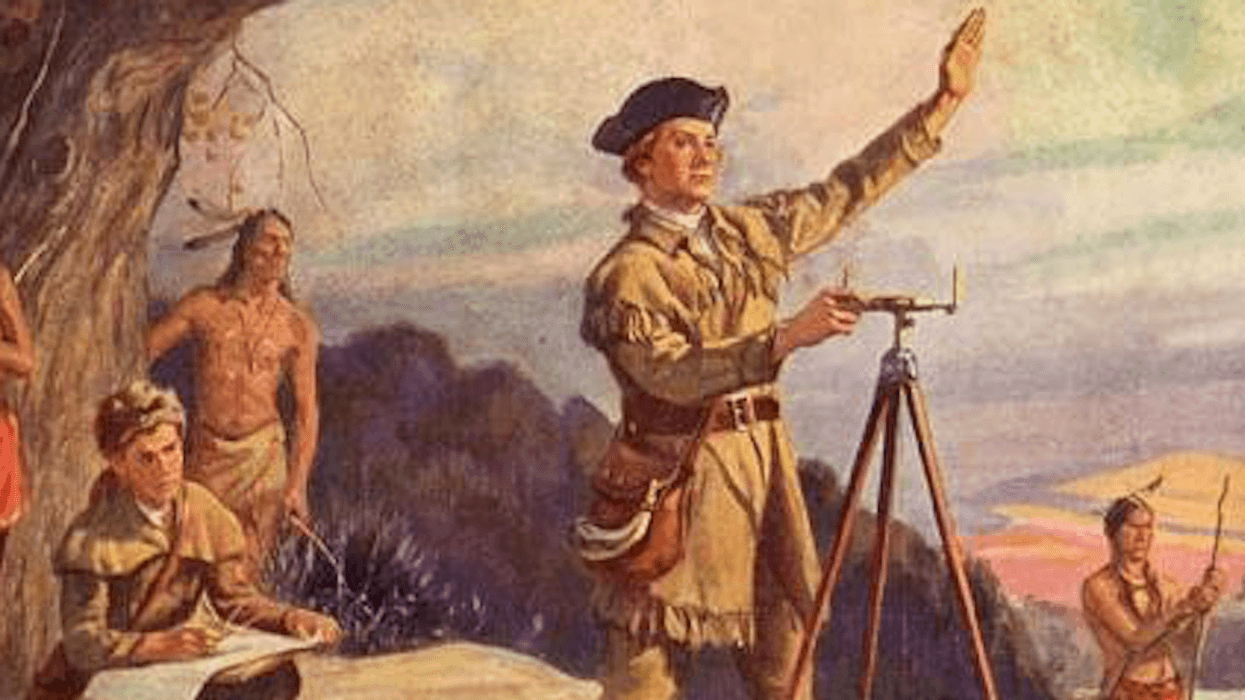This is a continuing series on the devastation and reconstruction of Haiti. As the story fades from the front pages of newspapers and trending topics on Twitter, we will endeavor to provide a continuing look at what is happening on the ground.
"We need help."
In English, Spanish, French, or Creole, the message is scrawled everywhere amid the wreckage of Haiti's January 12 earthquake. It plasters crumbled walls in red spray paint. It dominates signs that jut out from makeshift camps and half-collapsed homes. Sometimes specifics are added: food, water, and shelter.
Whatever its form, whatever the language, "We Need Help" conveys a beacon of hope that someone-anyone-will come and those who wrote the message will not be forgotten. Those same three words could be Haiti's message to the world. With nearly a quarter of a million dead, three times that number homeless, and the economy shattered, Haiti needs help fast-lots of it-to recover.
Well over a month since the 7.0-earthquake, millions still need the basics, from food and water to shelter and medical treatment. Thousands live in temporary camps, with four, five, or six family members huddled beneath tattered sheets held up by sticks. There is little to eat, little access to clean water. There is also worry that "We Need Help" could soon take on a more desperate meaning.
Hints are already there. Along the road to Petit Goave, a coastal area roughly two hours west of Port-au-Prince, roadblocks made of rocks and sticks now accompany the signs pleading for help outside the camps. Some are discrete and easy to bypass, more attention-grabbers than serious obstacles. Others quite literally block the road and would demolish any vehicle trying to run them.
We ran into one of these while visiting one our clinics at a remote hilltop camp above the sea in Petit Goave. Camp residents had taken piles of rocks to make the road completely impassable. When we stopped, a crowd quickly gathered around our car, protesting that aid had not come. We visited the camp and saw a snapshot of what so many Haitians endure six weeks after disaster struck: little food, inadequate shelter, and little access to clean water.
Our group listened as the residents listed their needs. We told them of our clinic just up the road. We told them of our plans to build water and sanitation systems in the area. This time, it was enough for the residents to move the rocks. I wondered for how long.
The encounter served as reminder, both of the delicately-balanced public mood and the enormous challenge facing those directing the relief effort here as they work to get food, potable water and medicines as quickly as possible into the hands that need them most. Until they do, the ever-present message, "We Need Help" will likely continue to dot the Haitian landscape.
Communications Officer Crystal Wells is with International Medical Corps' Emergency Response teams in Haiti and reporting for GOOD on her experiences and the people she meets along the way. Photos by Dan Ming.
















 Otis knew before they did.
Otis knew before they did.